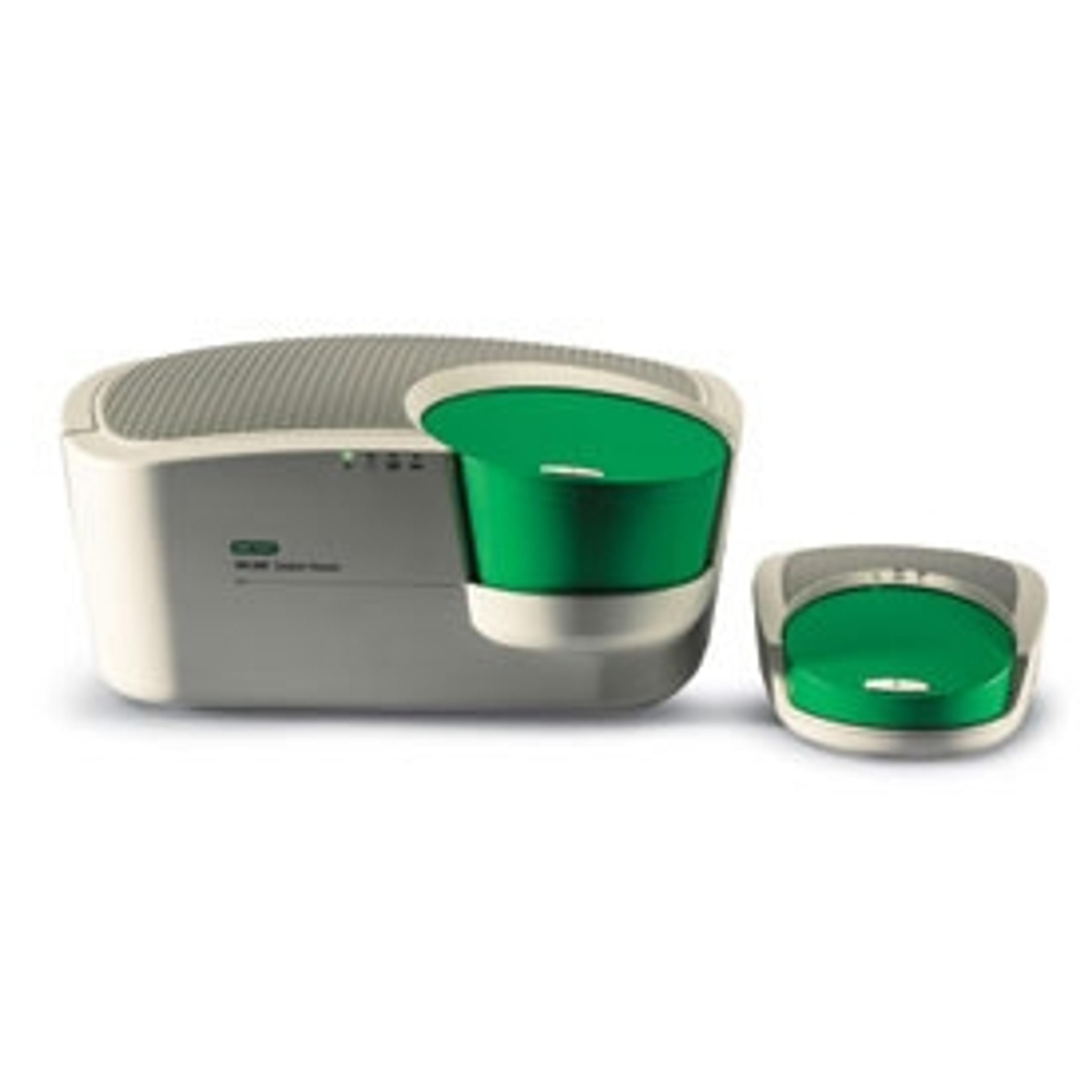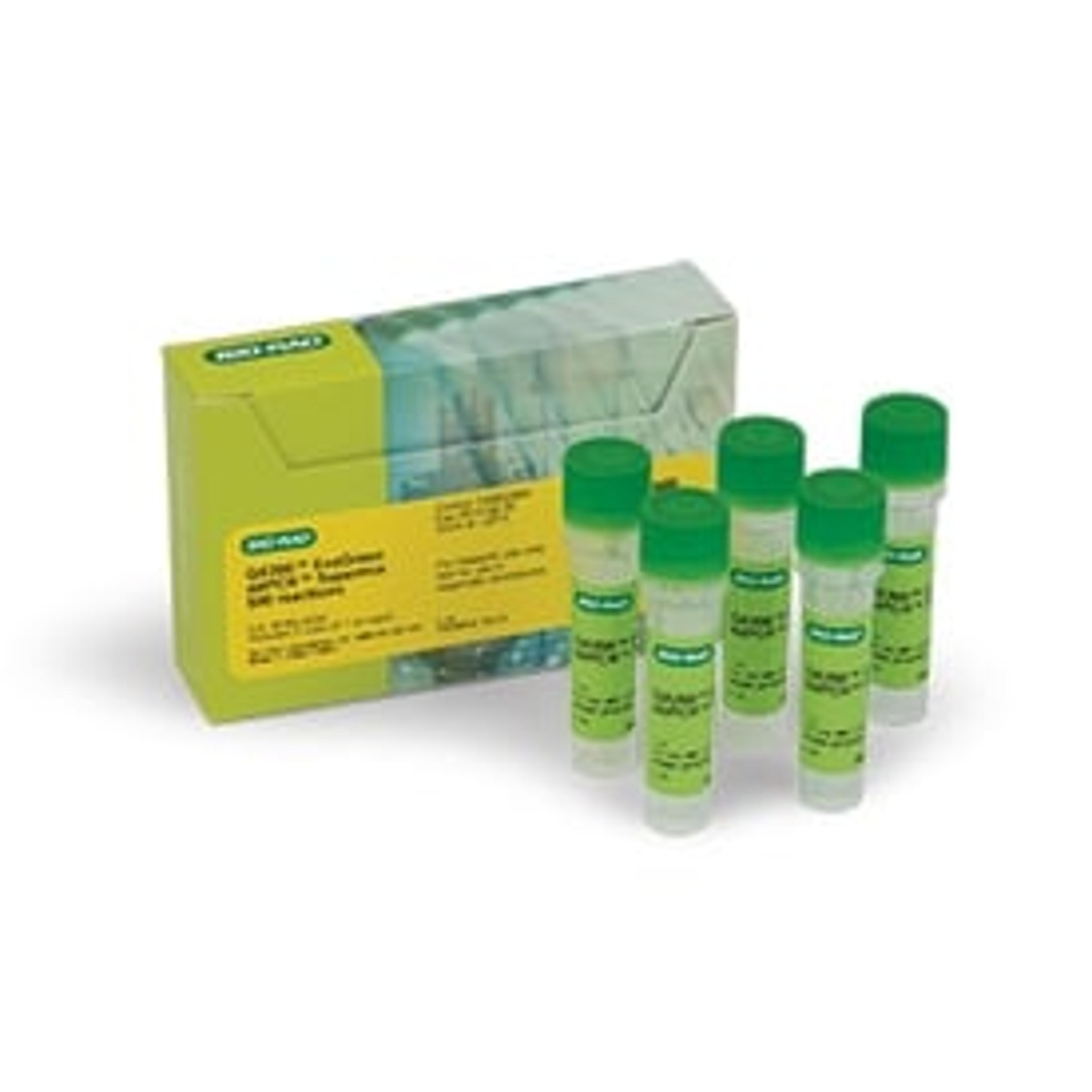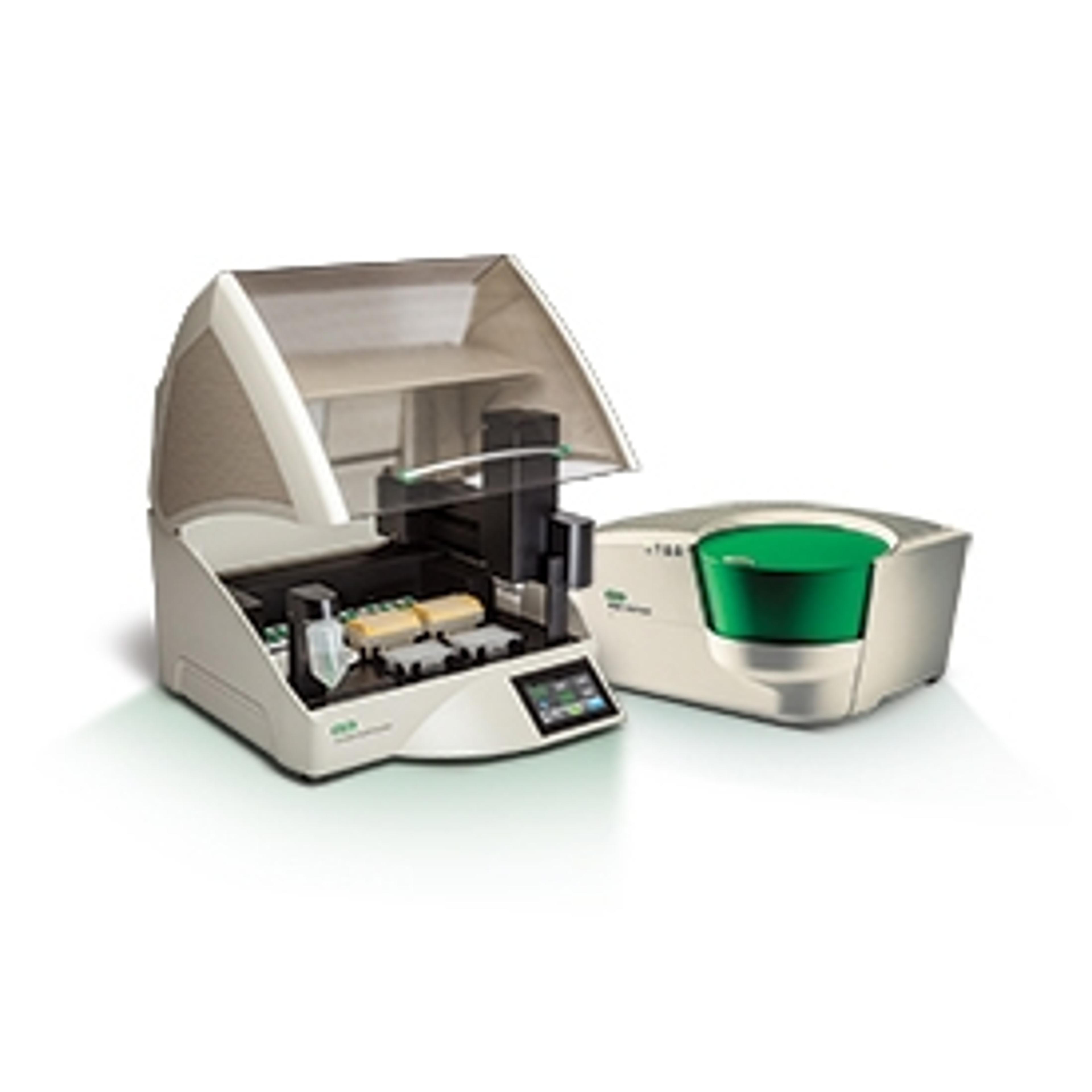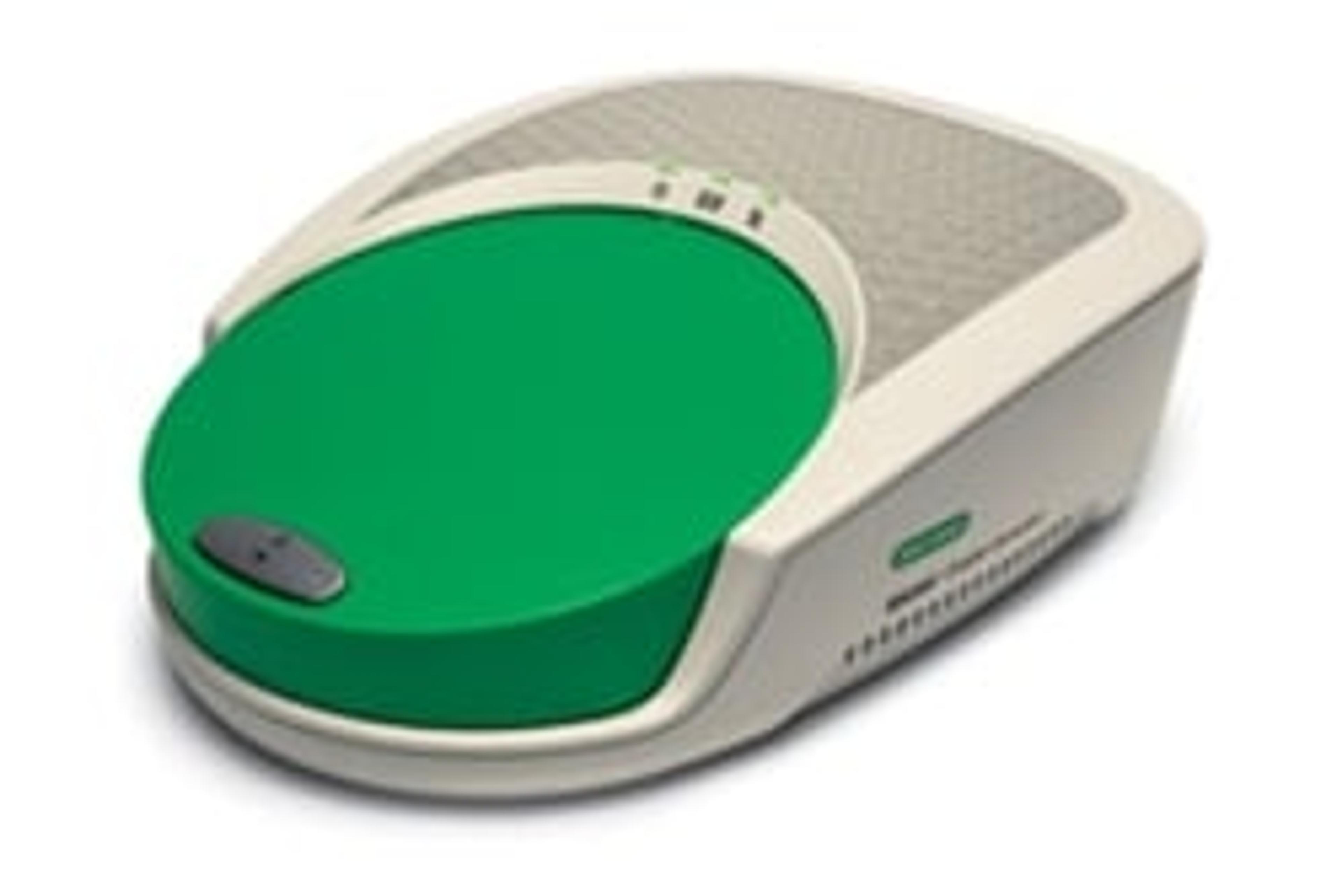Enhanced Genetically Modified Organism Testing Using Droplet Digital PCR
17 Apr 2017
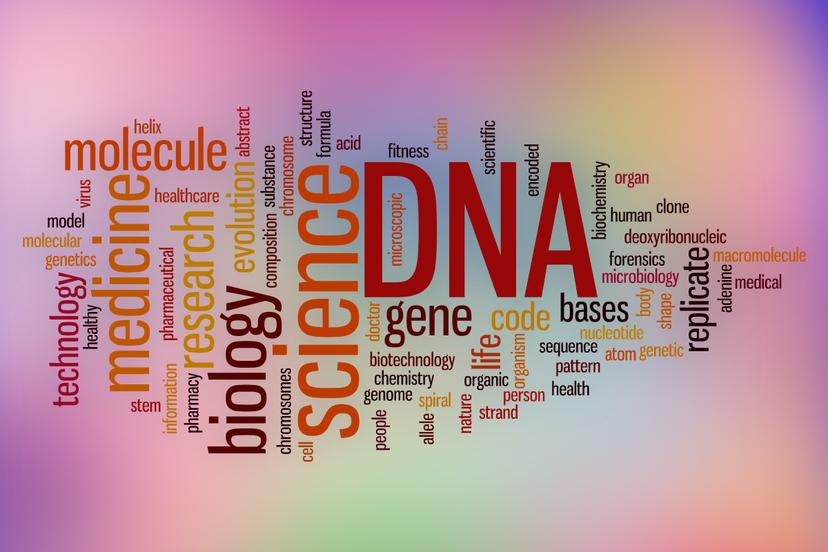
Dr David Dobnik, a scientist in the Department of Biotechnology and Systems Biology at the National Institute of Biology (NIB) in Slovenia, told SelectScience® about his work there and how droplet digital PCR (ddPCR) is enhancing their procedures for genetically modified organism (GMO) testing.
The department is a leading institution for basic and applied bioscience research, where Dr Dobnik and his colleagues are experts in molecular biology and have recently adopted ddPCR approaches for quantitative and qualitative nucleic acid detection in diverse workflows. The department performs analyses for internal research and as a service, to develop novel diagnostic methods for microbial detection and GMO testing, where method validation and standardization is very important.
Multiplexed DNA Quantification
Great machine for nucleic acid quantification.
Dr David Dobnik National Institute of Biology, Slovenia
Nucleic acid quantification and gene expression analyses were routinely performed using quantitative PCR in the department, however, the lab switched to ddPCR for its higher throughput approach and cost efficiency. European Union regulations for GMO testing are stringent, so reliability, sensitivity and accuracy are necessary for effective detection of GMOs in products. Dr Dobnik and his colleagues showed that multiplexed ddPCR assays were faster and more efficient than real-time quantitative PCR (qPCR) for GMO testing and have received European accreditation for quantification of GM soybeans. The planned publication of this method could help other laboratories improve their procedures for GMO quantification and beyond.
The department also utilize ddPCR to study plant pathogens, human pathogens and waterborne viruses. The team has shown that ddPCR is a more robust method in comparison to quantitative PCR, which provides only a relative measure, and that it is applicable to diverse fields where absolute quantification of DNA is critical. The lab mainly uses Bio-Rad’s QX200™ Droplet Digital™ PCR System for ddPCR, Dr Dobnik comments that, “it enables repeatable results, with minimal hands-on time.”
The lab is involved in developing strategies for better purification of waste and irrigation waters. Using the precision of ddPCR, the team will be able to assess the success of different strategies far more effectively than using qPCR.
The department has a key role in transmitting knowledge about the biology of pathogenic and genetically modified organisms, as well as new methods for improving their detection in diverse fields including agriculture, ecology, pharmacy and medicine.

